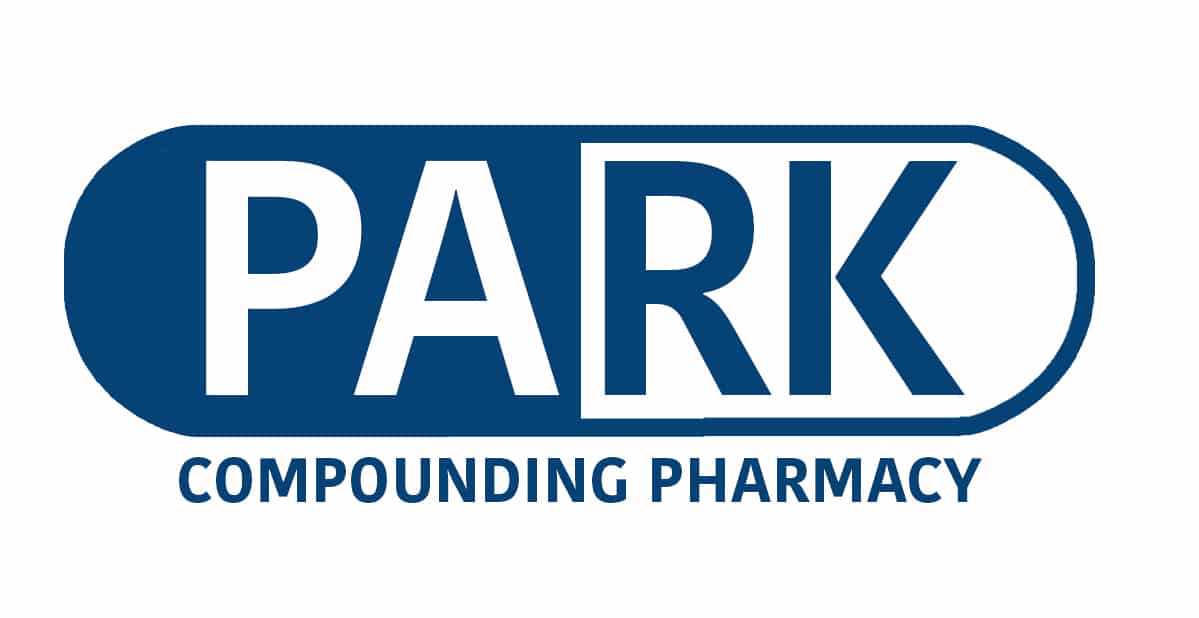What is Chronic Sinusitis?
Chronic sinusitis is a common condition in which the sinuses become inflamed and swollen for at least 12 weeks, despite treatment attempts. This condition interferes with drainage and causes mucus buildup. Breathing through your nose might be difficult and the area around your face might feel swollen, causing pain. Chronic sinusitis can be brought on by an infection, by growths in the sinuses (nasal polyps) or by a deviated nasal septum.
Anyone can get chronic sinusitis but for some people nasal problems don’t go away easily. When you get a cold or have an allergic reaction, your sinuses may swell because they are blocked with fluid. This leads to a runny and congested nose and sometimes coughing and headaches. This condition is called sinusitis and it usually will go away when your cold goes away. Sometimes sinusitis can become a chronic condition, however, and therapy with medications can be especially helpful in these cases.
The cause of the sinusitis will determine the type of medication and method of delivery. Anti-inflammatory medications, antibiotics, and anti-fungals are all kinds of medications that may be used to treat this condition.
Is Sinusitis Preventable?
Sinusitis can be caused by many different factors but there are a few things you can do to prevent it. During cold season make sure to wash your hands fairly often. Don’t smoke as this will increase your chances of having sinus issues and a range of other problems.
What is Topical Sinus Therapy?
Topical sinus therapy treatments are applied nasally and can often provide significant relief. There is a growing amount of support for the use of antimicrobials applied topically to improve chronic sinusitis. One great benefit from delivering medication in this way is that you will not be exposed to systemic effects that come from taking oral medications.
At our compounding pharmacy we can make medication to a doctor’s specifications and deliver them through different devices. Nasal spray treatments are available for many different medications. Atomized therapy propels medication deep into the sinus cavity and nasal passages very quickly.
Sinus Irrigation versus Sinus Atomization for Chronic Sinusitis
Sinus irrigation and sinus atomization are each treatment methods your doctor may prescribe for sinusitis or a sinus infection. Although they differ, the benefit of both methods is that medication is delivered directly to the sinuses, which means there’s less potential for side effects than may come from taking an oral antibiotic or steroid.
What are Sinus Irrigation and Sinus Atomization?
Sinus irrigation, also called nasal irrigation, has been performed for centuries, but it is just now becoming common in western nations. Many allergists and otolaryngologists now recommend various forms of sinus irrigation for sinus complaints. At its most basic, nasal irrigation involves using a saline or salt water rinse to clear the sinuses of mucus, debris, and airborne pollutants. This is often done using a device called a neti pot to pour the solution into one nostril, then the other. You can also use a sinus irrigation bottle to administer the solution. Your doctor may prescribe a compounded medication that is added to the saline for sinus irrigation. In this way, you are both flushing out the sinuses and administering the medication directly where it is needed.
Atomized therapy uses positive pressure to propel medications deep into the sinus cavities, providing relief and treatment to the problem areas. The lightweight portable Rhino Clear Sprint atomizes the physician-prescribed medications deep into the nasal passages and sinus cavity in just minutes. Sinus atomization is an appealing treatment option to avoid the use of long-term oral antibiotics and steroids.
Chronic Sinusitis Treatment Options
Anyone can use nasal irrigation to relieve congestion and sinus pressure. You don’t need a prescription for a simple saline rinse. However, compounded solutions such as antibiotics, antifungals or anti-Inflammatories may be prescribed by your doctor. Sinus irrigation is often prescribed for: acute sinusitis, chronic sinusitis, allergic rhinitis, postnasal drip, post-operative sinus therapy, and prevention of future sinus problems.
Sinus atomization is less commonly prescribed than irrigation and is often given for chronic sinusitis and post-operative sinus therapy.
How Compounded Sinus Therapy Can Help
Compounded solutions offer great benefits to patients. Unlike mass-formulated medications, your compounded prescriptions are tailored exactly to your needs. They can target your precise symptoms whether you need an antibiotic, antifungal, anti-inflammatory, or all of these ingredients.







